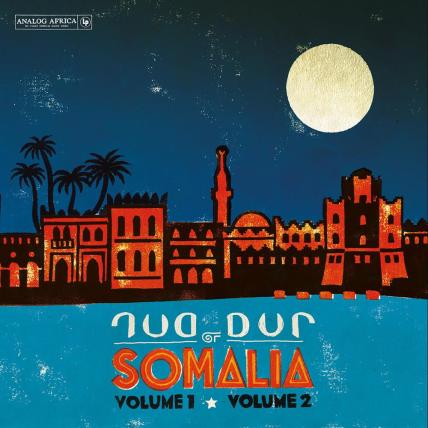By Ellen Rachel Perleberg, a NELC senior student who is actively involved in Newbook Digital Texts' Svoboda Diaries Project.
On October 14th, Lidwien Kapteijns, a scholar of Somali and African history at Wellesley College, gave a talk entitled “History and Song: The (Long) Somali Sixties in Historical Context.” The talk was the second presentation in the Horn of Africa Initiative lecture series that is organized by Prof. Joel Walker and Dr. Hamza Zafer with in collaboration with the departments of NELC and History, and JSIS Africa Studies Program with support from Simpson Center for the Humanities,
It was the music, Kapteijns said, of the “exuberance of the moment of independence.” This exuberance came after a legacy of colonizer governments undermining Somali peoplehood, delegitimizing Islamic practices and Somali Muslim identity, while also encouraging clan tension by legally defining what had formerly operated as a localized code of principles based in social relations as an absolute legal status. Independence meant figuring out what it would mean to be Somali after this using all the cultural resources Somalis had, including this exuberant music.
The songs she discussed, which used primarily Western instrumentation while incorporating elements of the elaborate rhyme, alliteration, and syllable schemes of Somali folk poetry, helped the country sing through the issues that emerged in the 1960s. Seeking a national Somali identity, some songs questioned clanism, others warned against political corruption, while love songs discussed postcolonial gender ideas and the complicated politics of being “modern, but moral.” As certain political leaders and ideals fell in and out of favor, so did certain songs, and the music of the Somali civil war grew quickly unpopular.
Most of the singers were young, and their lyrics expressed hope in the Somali people, in Pan-African science and democracy, and in ideals of reconciliation. Kaptejins encouraged Somali youth in diaspora to continue to engage in critical memory work, to take the risk of re-encountering the culture, ideas, and challenges of the era for the sake of recognizing the uniquely Somali resilience the long 1960s brought.
For more information about the Horn of Africa Initiative and to see upcoming events, check out https://jsis.washington.edu/africa/horn/
